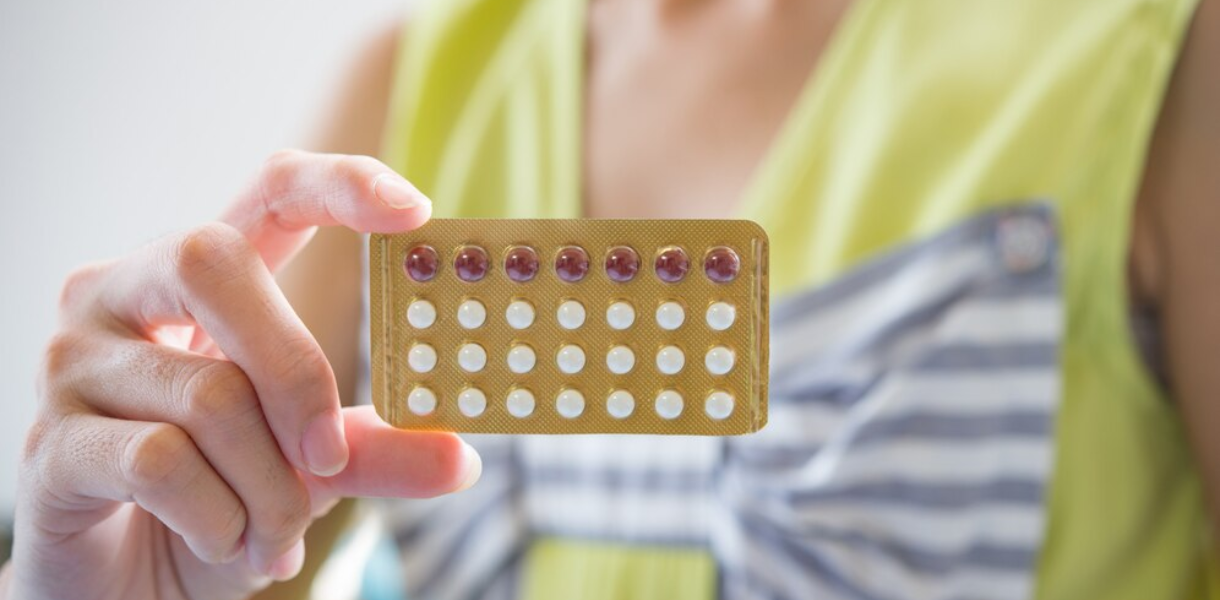Contraception refers to methods or devices used to prevent pregnancy by interfering with the normal process of ovulation, fertilization, and implantation. There are various types of contraceptives, each with its own mechanism of action. Here's an overview of some common methods:
- Barrier Methods:
- Condoms: These are sheaths worn over the penis (male condoms) or inserted into the vagina (female condoms) to prevent sperm from reaching the egg.
- Diaphragm: A shallow, dome-shaped cup that covers the cervix and is inserted into the vagina before intercourse.
- Hormonal Methods:
- Birth Control Pills: Oral contraceptives containing hormones (estrogen and progestin or progestin only) that prevent ovulation.
- Patch: A small adhesive patch worn on the skin that releases hormones to prevent ovulation.
- Injectable Contraceptives: Hormonal injections administered every few months to prevent ovulation.
- Intrauterine Devices (IUDs):
- Copper IUD: A device inserted into the uterus that releases copper to prevent sperm from fertilizing the egg.
- Hormonal IUD: Releases hormones (usually progestin) to prevent ovulation and thicken cervical mucus.
- Emergency Contraception:
- "Morning-after pill" or emergency contraception can be taken after unprotected intercourse to reduce the risk of pregnancy.
- Sterilization:
- Tubal Ligation (for women) or Vasectomy (for men): Surgical procedures that permanently block or cut the fallopian tubes (women) or vas deferens (men) to prevent the sperm or egg from meeting.
- Fertility Awareness-Based Methods:
- Tracking menstrual cycles, monitoring body temperature, and observing cervical mucus changes to determine fertile periods and avoid intercourse during those times.
- Withdrawal Method:
- Also known as the "pull-out" method, where the man withdraws his penis from the vagina before ejaculation.
It's important to note that the effectiveness of contraception can vary, and the choice of method depends on factors such as individual health, preferences, and lifestyle. It's advisable to consult with a healthcare professional to determine the most suitable contraceptive method based on individual needs and circumstances. Additionally, protection against sexually transmitted infections (STIs) should be considered, and barrier methods like condoms are effective in preventing both pregnancy and STIs.
